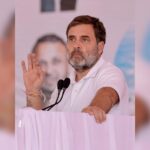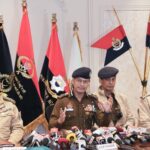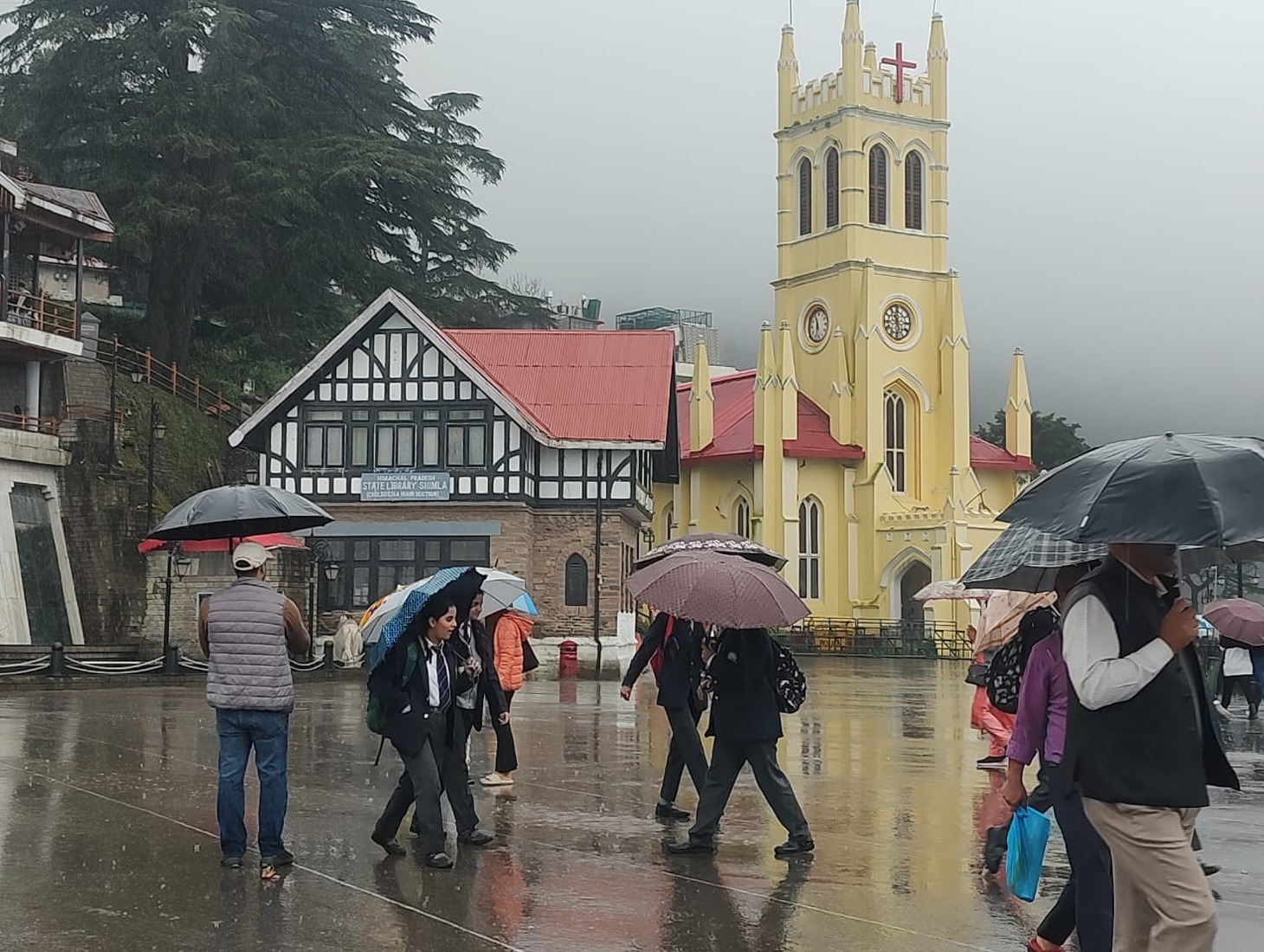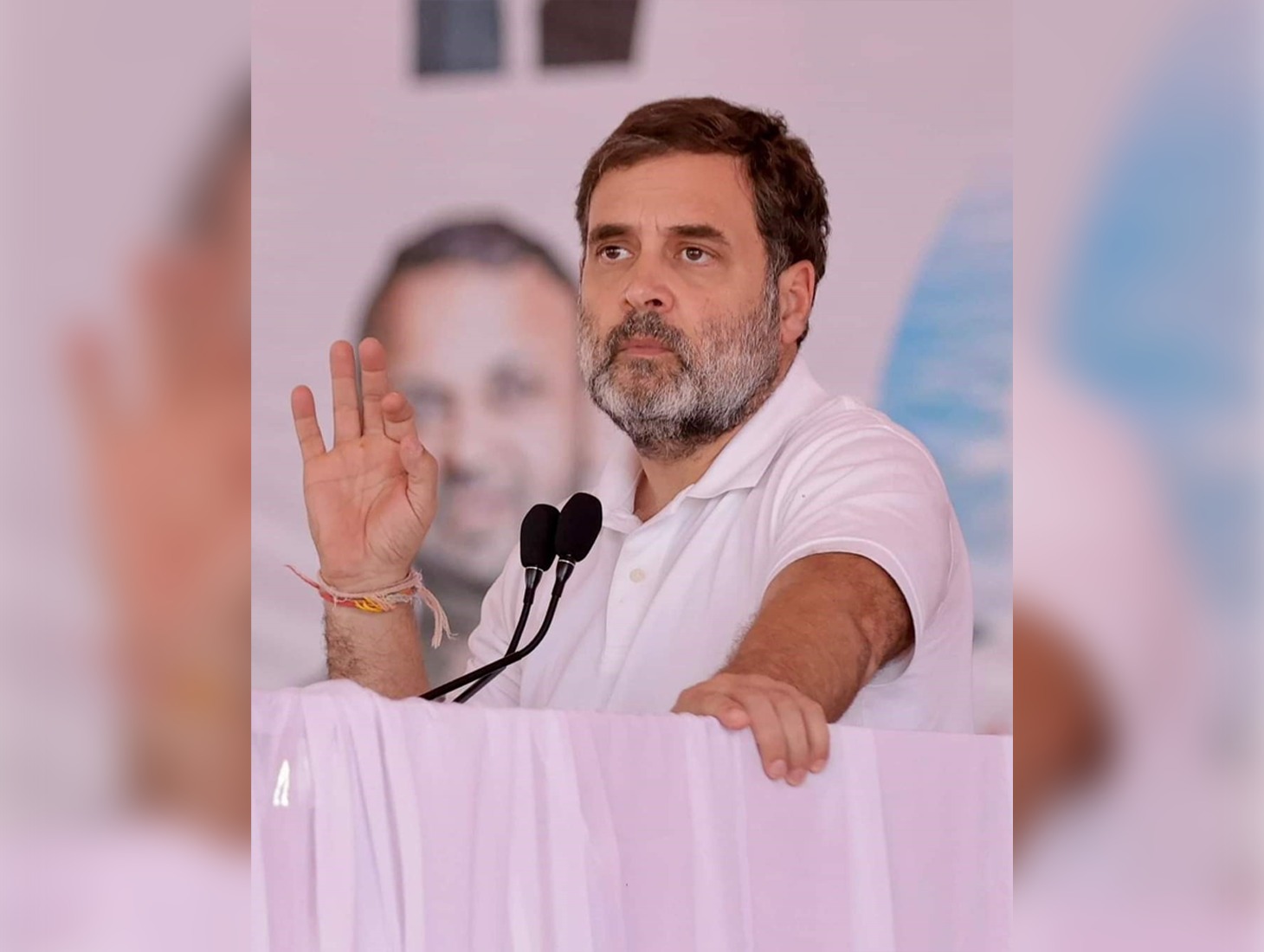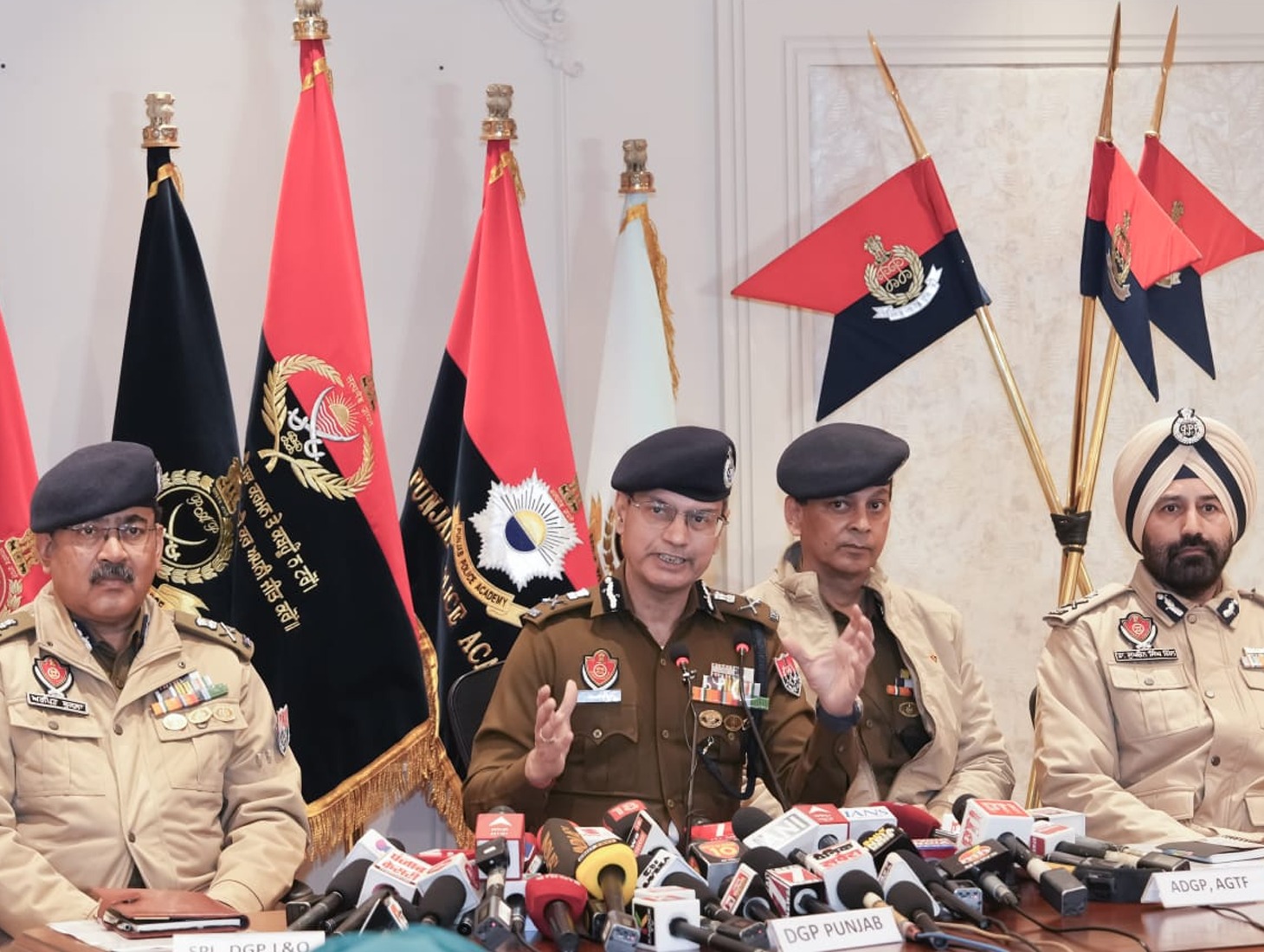Kangana Ranaut must act like an MP
The North News
Chandigarh, July 5
In times of disaster, symbolism matters—but presence matters more. And for Mandi, one of the worst-hit districts in flood-devastated Himachal Pradesh, absence speaks louder than words. Since June 20, 69 people have died and the state has suffered damages worth Rs 700 crore. Mandi, a region that entrusted its voice in Parliament to actor-turned-politician Kangana Ranaut, has borne much of that loss. Yet, for days after the floods, its newly elected MP was nowhere to be seen.
Kangana has since promised to visit, citing advice from BJP leader and former Chief Minister Jai Ram Thakur to delay her arrival until connectivity improves. But the truth remains: politics is not a waiting game, and no elected leader needs permission to show up for their people in moments of collective trauma.
Being a Member of Parliament is a constitutional duty, not a supporting role in a disaster drama. The people of Mandi didn’t vote for a distant voice from social media—they voted for a leader who would be with them, physically and emotionally, in their most difficult hours.
While Thakur himself rushed to assess damage and console victims in Saraj, Kangana initially remained silent, triggering criticism from constituents and even from within her own party. His lukewarm defence—“I don’t comment on those who don’t care”—was a damning indictment disguised as diplomacy.
Congress predictably capitalised on the episode, but this isn’t just about party politics. It’s about the expectations voters have—and should have—of their elected representatives. It’s about accountability.
Kangana’s defenders argue that she was advised to wait, that safety concerns were real. Fair enough. But leadership demands presence, even amidst difficulty. Former Chief Ministers, rescue personnel, journalists, and locals managed to reach flood-ravaged zones—why not the MP?
There’s a deeper concern at play here. India has witnessed an increasing trend of celebrities entering politics, often backed by popularity rather than political apprenticeship. But public office is not a stage for fanfare. It’s a space of responsibility. The shift from the glamour of the screen to the grit of ground-level governance requires more than promises—it demands commitment and consistency.
To her credit, Kangana has now said she’s en route. Her social media assurance—“I stand with Himachal Pradesh in every situation”—is welcome. But empathy via Instagram doesn’t substitute engagement in the field.
There’s still time for her to lead with grace and humility. Visiting flood-affected areas, listening to anguished families, pushing for faster rehabilitation, coordinating with both state and central agencies—this is her mandate. And this moment, devastating as it is, offers her the chance to prove that she is more than a public figure—she is a public servant.
What Mandi needs now is not a blame game between a former CM and a first-time MP. What it needs is unity, urgency and unwavering visibility from its leaders. Kangana Ranaut has a choice to make: play the part, or be the representative Mandi truly deserves.






